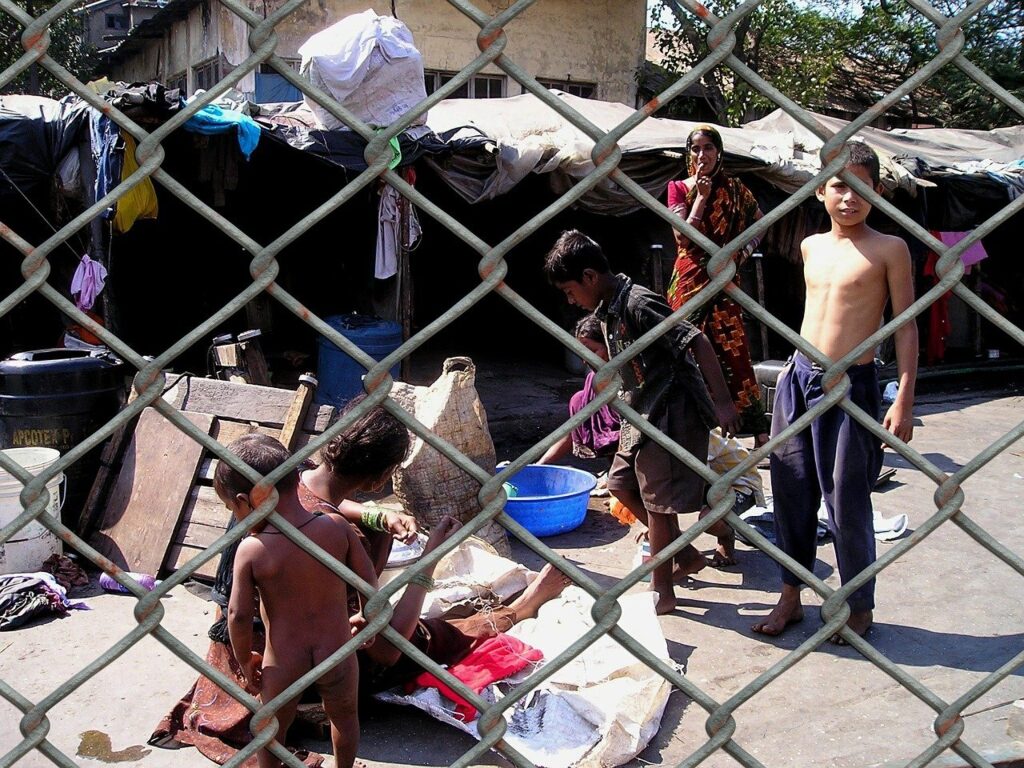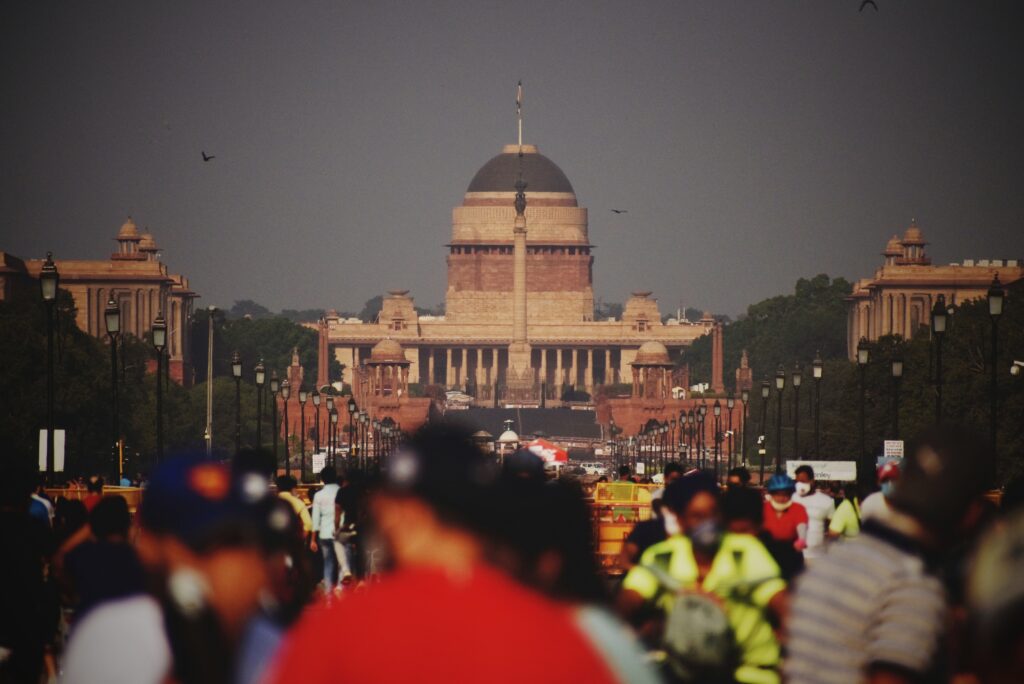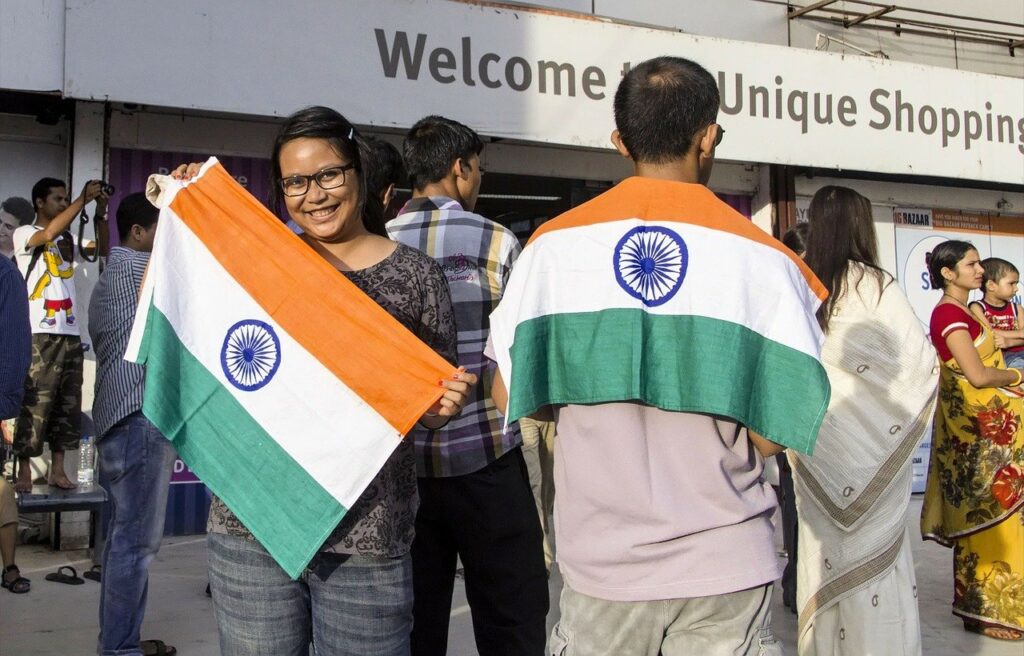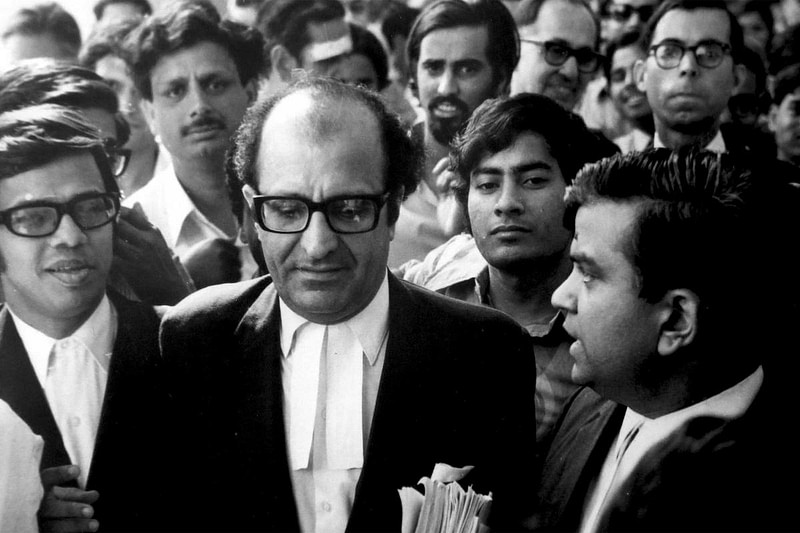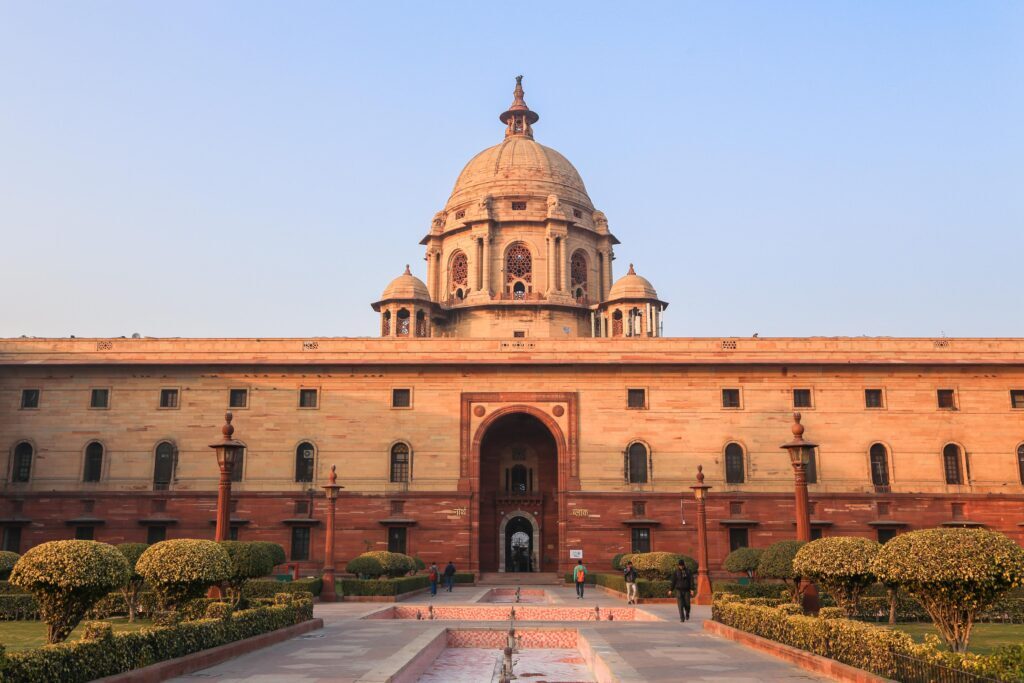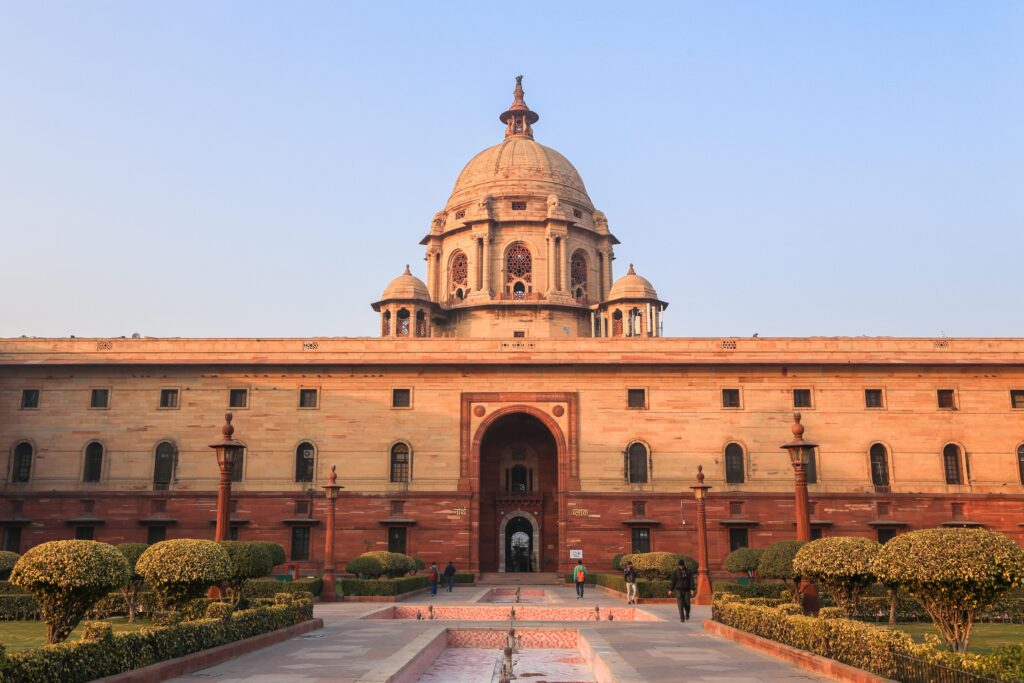Despite widespread condemnation, caste continues to be a factor everywhere in India today, in our quotidian lives. Even our choices of abuse are casteist and we think it is harmless or innocuous as we have modernised as a society. Caste continues to persist through the lived experiences of people.
Posts tagged as “indian constitution”
The president and the governors should transcend politics. The president must be allowed to prepare his own address to Parliament, rather than behave as a spokesperson for the prime minister. Governors must act as independent links between the Union and states rather than as partisan appointees.
It is safe to say that a Second Republic is already here. While the First Republic was defined by the values of the Indian freedom struggle, the Second Republic is defined by the Hindu religious identity. Is India then beyond redemption? Ultimately, the people must decide which republic they want to live in.
In the 1970s, as Prime Minister Indira Gandhi was changing the face of the Constitution, Nani Palkhivala stood for whatever was right, irrespective of the might of the opposition he faced. Today, the ruling party is as strong as it was during Indira Gandhi’s reign. Nani Palkhivala is deeply missed.
In many democracies, judges are appointed by the executive, but in India, judges appoint other judges through the collegium system. Both systems have flaws. Allowing the executive to appoint judges can lead to pressure on judges to please the government. The collegium system, however, lacks transparency.
The current wave of authoritarianism across the world contains a strong message: One cannot rely on good faith politics alone. Codification of conventions and strengthening the voice of the Opposition is of utmost importance for democracies. India desperately needs to reform its Parliament to make it better.
The Constituent Assembly had excluded the sedition law from the original Constitution, since several members were deeply concerned by how vague and unrestrained it is. Even other countries that used to have a sedition law have since repealed it. India's continued use is a betrayal of the freedom struggle.
Media reports suggest that there is an outbreak of anti-Muslim hate during the nationwide lockdown. But even in this political season of hate, there are several exemplary stories of human compassion and inter-religious harmony being reported from different states.
Judgments of the Supreme Court have pointed out that there is an arbitrary application of the death penalty. This is a gross violation of human rights and is also counterproductive. Harsh punishments will not serve as a deterrent, if the punishment itself is applied arbitrarily.
The Anti-Defection Law has created a democracy of parties and numbers in India, rather than a democracy of debate and discussion. Lawmaking is increasingly driven, not by the compulsive force of a party’s argument, but by the brute force of a party’s numbers in the legislature.

